Thousand Autumns (Qing Qiu) Danmei Novel Review

This is a review for Thousand Autumns (千秋) by Meng Xi Shi (梦溪石) and translated by Faelicy. This novel is available fully licensed in English from Seven Seas, which can be bought through the Danmei Dreams affiliate bookshop.org link or anywhere you can buy Seven Seas novels.
The summary of the book from the publisher is: Shen Qiao is a devout Daoist priest who has spent his life honing his skills and spirit, leading his sect with martial talent, beauty beyond measure, and an earnest heart. His polar opposite, Yan Wushi, leads one of the most powerful demonic sects and is said to be unrivaled in his strength and cunning. Yan Wushi believes in the inherently selfish nature of all people—himself included—and that nobody is above committing dark deeds for their own benefit.
When a fight leaves Shen Qiao injured, blind, and with hazy memories, Yan Wushi takes in the defeated sect leader with a dark plan: test the limits of the man’s patience and faith in others to lure him onto the demonic path. Little does he know that he is about to meet the first immovable force of his life, and that two hearts can connect in unexpected ways. With the passing of a thousand autumns, who can stay eternal?
Please note that all reviews aim to be spoiler-free, while analyses often contain spoilers.
Summary
Thousand Autumns is a 2.5/5 stars for me. Anything below a 3 usually means I DNF the book or I regret finishing it, and this falls into the latter category. I loved the descriptive writing, was all in for a redemption arc for one of the leads, and eager for the wuxia/political setting. Ultimately, though, the lack of even a slow-burn romance between the protagonists killed this one for me.
Romance and Main Characters
Both of the main leads are really interesting characters, with very interesting perspectives on the world colored by their experiences and temperaments. Initially I was quite keen to see them slowly come together, but that never really happened. There are numerous betrayals, distrust, manipulation, and disappointments between the two leads over the course of the books. Shen Qiao becomes less naïve but no less committed to making the world a better place, and Yan Wushi remains pretty obdurate.
The romance was pretty flat for me as a result. I’ve heard some people say this is the slowest of slow burns, which is why I finished it. It is true that the leads do get together at the very end of the story, but as for whether it is genuine affection or manipulation and Stockholm syndrome—well, I’m not convinced. It’s slow, but doesn’t feel like any sort of burning is happening along the way. Honestly, it felt like both of them would be better suited with others. Or alone.
Secondary Characters
The secondary characters in this story are moderately interesting, and they feel organic to the story and the setting. They felt believable, even at times when there were surprises along the way. Similarly to the main characters, the secondary characters were well-rendered and interesting.
Plot
The plot of Thousand Autumns felt very secondary to the interactions between the main characters. There are various political and jianghu factions that sometimes ally and sometimes compete with one another. At one point I thought a bigger political plot was shaping up, but then some things changed suddenly and it became less critical to the characters.
Worldbuilding
The worldbuilding of Thousand Autumns was very well done. It’s a riff on a real historical setting in ancient China (don’t read about the history if you don’t want spoilers!), with a distinct jianghu flavor. As a result this book felt very much like a wandering wuxia-style plot full of episodes set in a richly detailed world. If the romantic elements had been more present, I think this would have been a great setting to keep throwing obstacles at the leads.
Writing Style & Translation
Meng Xi Shi’s writing is deeply descriptive and beautiful. From the very first page I fell in love with the way she described the opening scene. This descriptive prose carried over very heavily into not just the landscape but also the martial arts, which played a huge role in the book. There were times in which this description-heavy martial arts battles verged on the over-indulgent, but the next time I read a wuxia novel I found myself missing some of that verbosity.
Spice Level
2 peppers. There is very little intimacy described on-page, and it is left to the reader to assume what happens off-page.
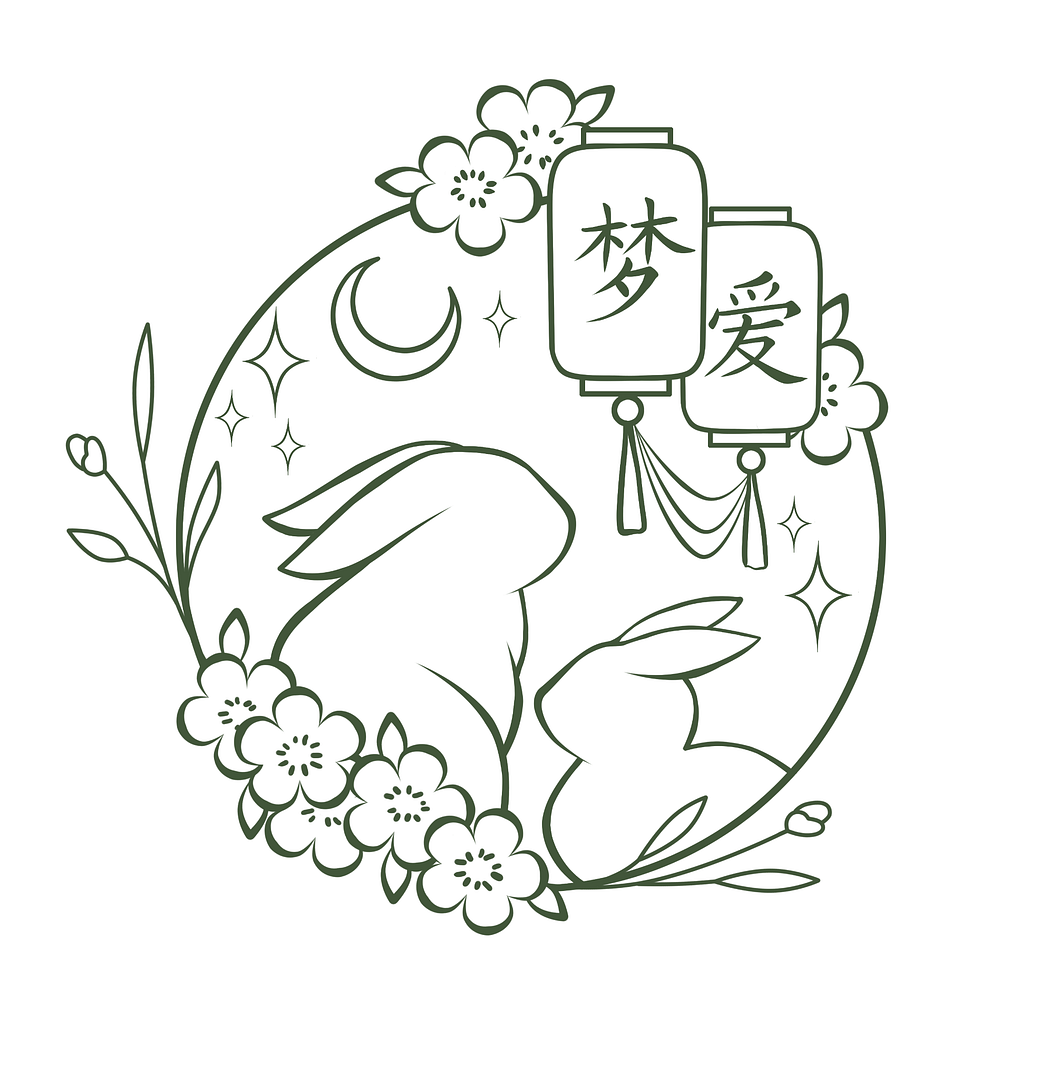
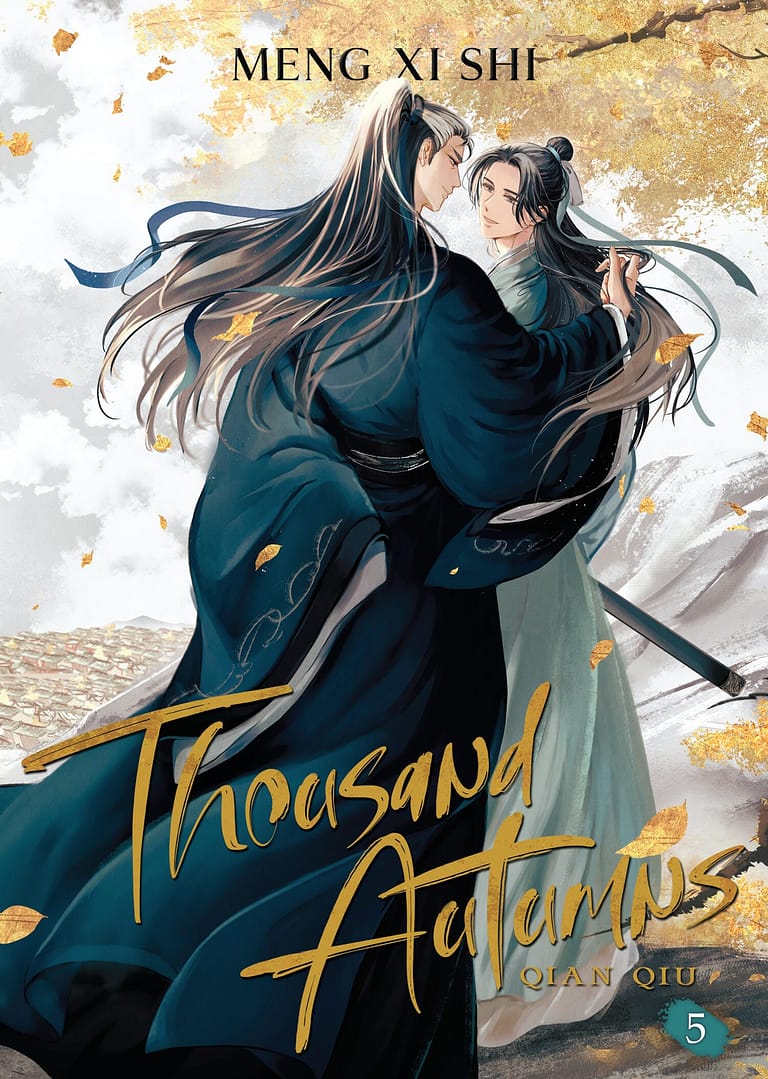
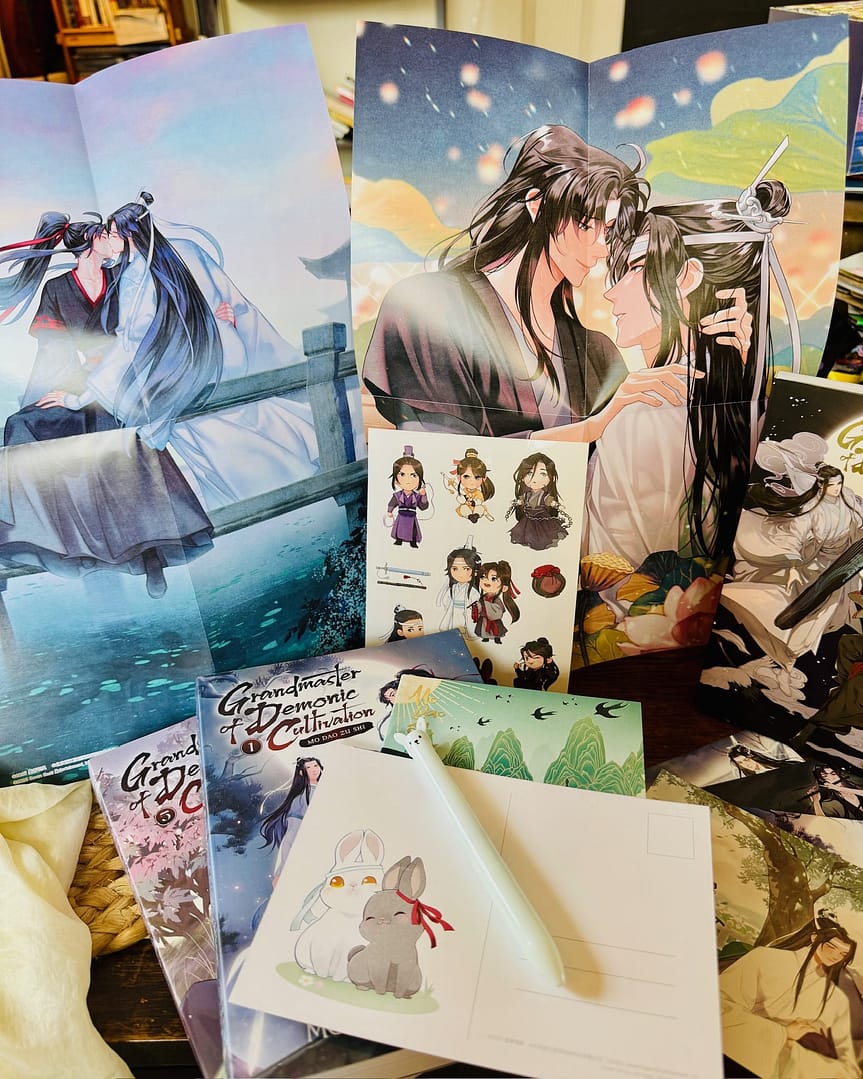
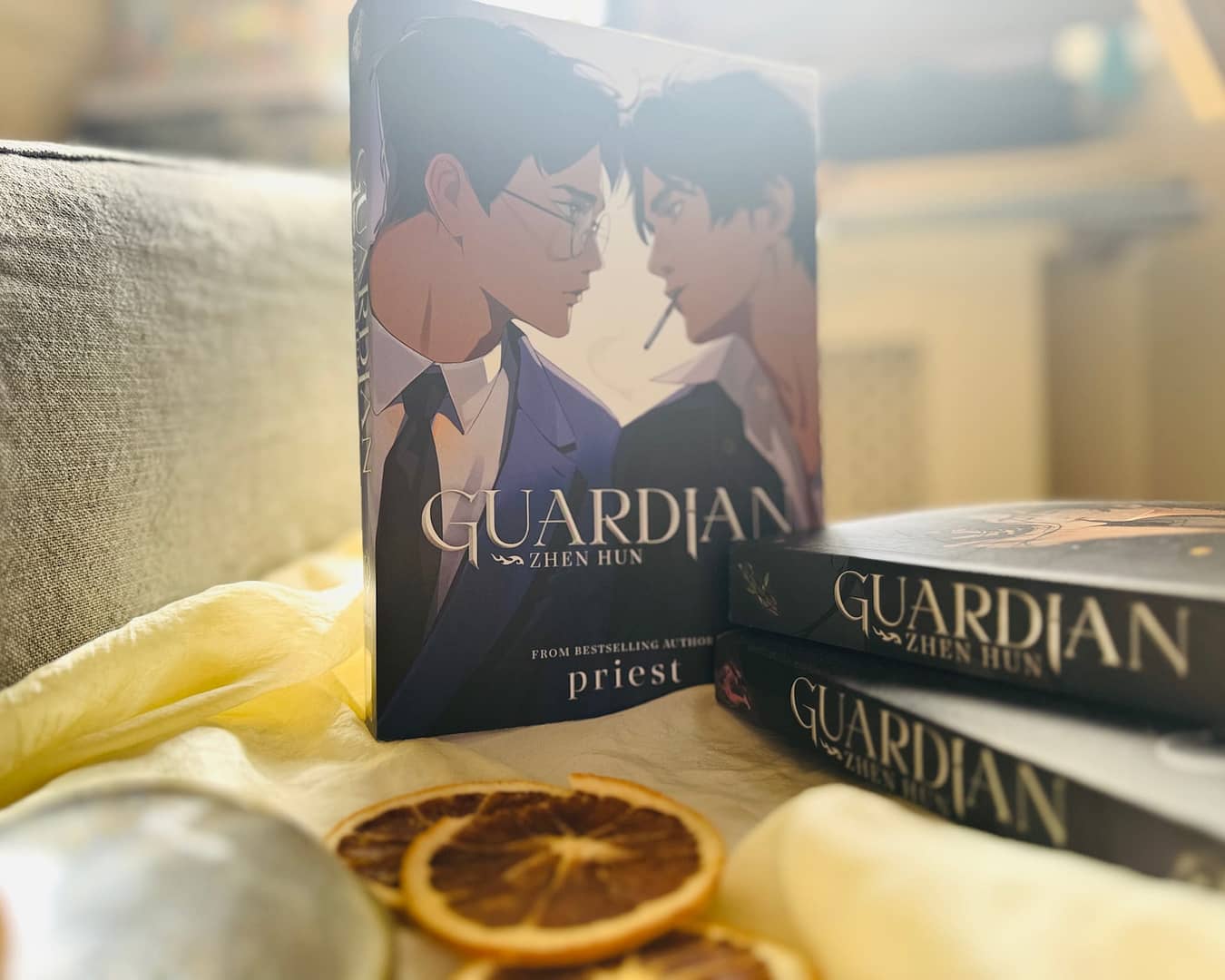
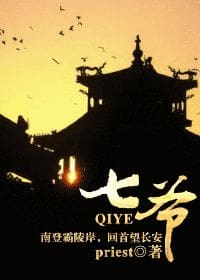
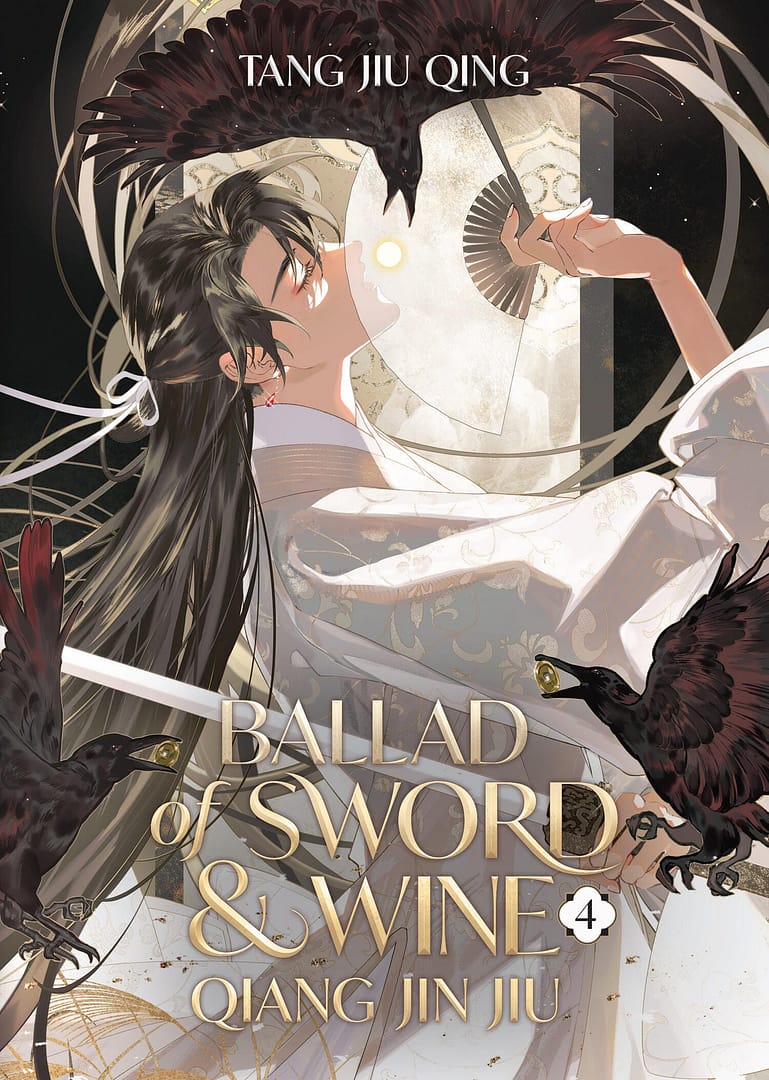
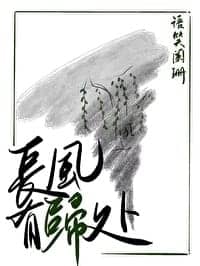
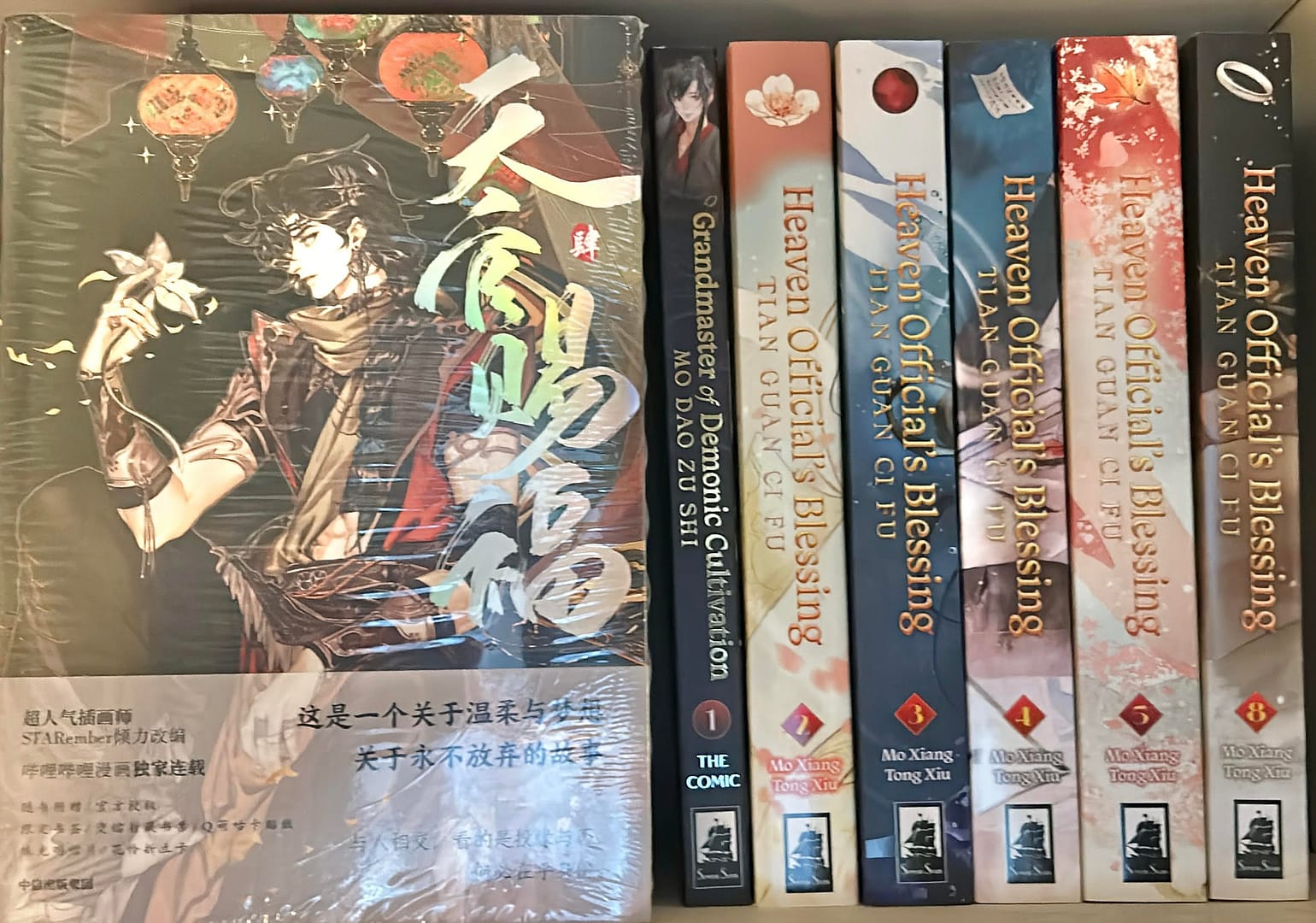
One Comment